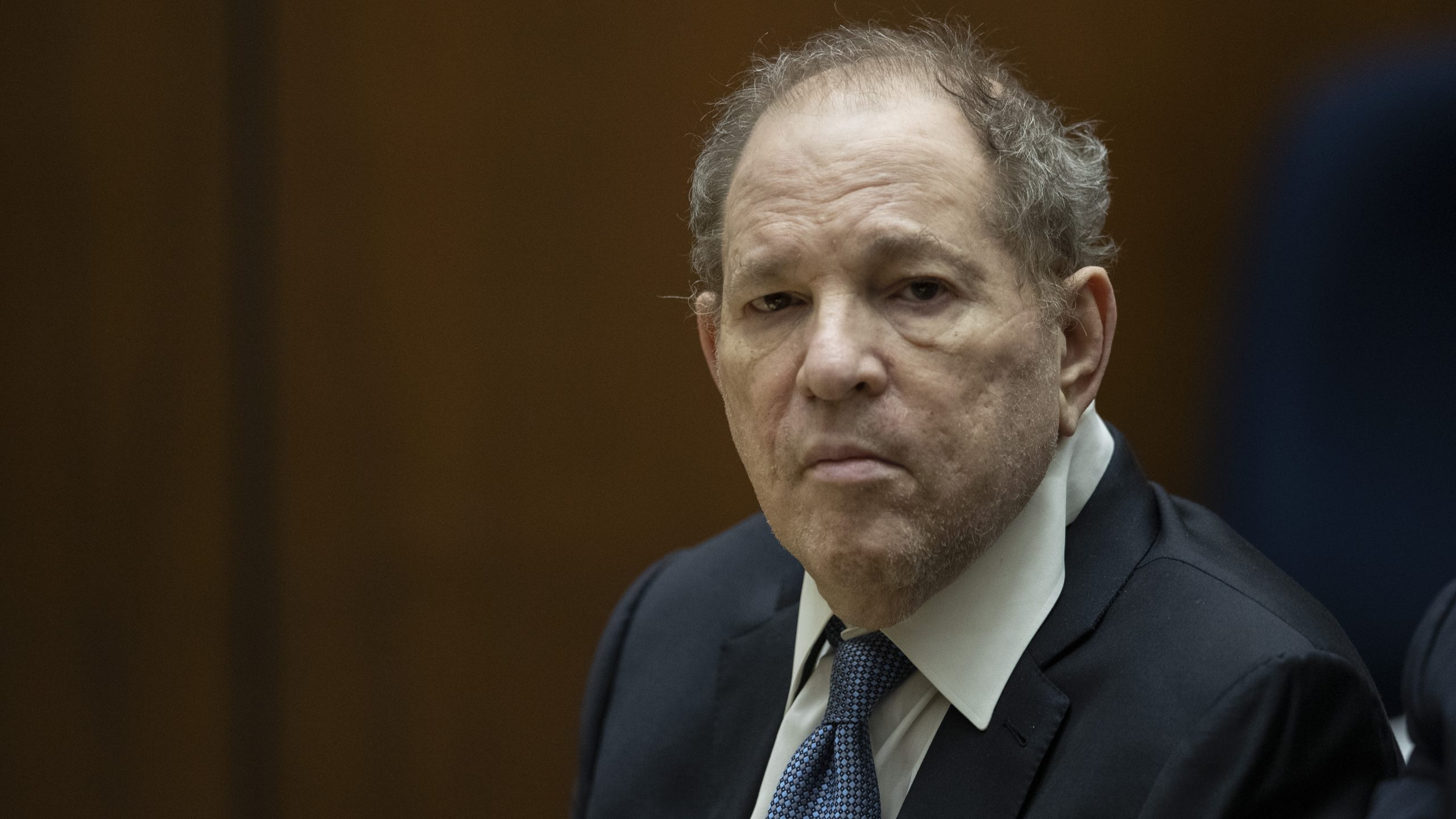Disgraced movie mogul Harvey Weinstein faces an uncertain future as he appeals his Los Angeles rape conviction. While a recent ruling overturned his conviction in New York, legal experts suggest California’s approach to evidence in sexual assault cases may provide a different outcome.
A Tale of Two States: The Key Distinction in Evidence Law
The crux of Weinstein’s appeals hinges on the contrasting evidence laws between New York and California. In New York, prosecutors are restricted in introducing evidence of “uncharged bad acts” – prior allegations that haven’t led to formal charges. This type of evidence can only be presented if it establishes a defendant’s motive, intent, or pattern for the specific crimes on trial.

California, however, takes a more expansive approach. Here, courts allow prosecutors to introduce “uncharged bad acts” evidence to demonstrate a defendant’s propensity to commit sex crimes, even if the allegations haven’t resulted in charges. This distinction may significantly impact Weinstein’s fate on appeal.
The New York Reversal: A Glimmer of Hope for Weinstein?
On Thursday, New York’s highest court overturned Weinstein’s 2020 rape conviction, citing the “erroneous admission” of testimony from witnesses detailing past alleged sexual misconduct. The court ruled this move by prosecutors constituted an “abuse of judicial discretion” and unfairly prejudiced the jury against Weinstein.
This decision offers Weinstein’s defense team a potential roadmap for his L.A. appeal. They will likely argue that the introduction of similar “uncharged bad acts” testimony during the Los Angeles trial unfairly influenced the jury and denied him a fair trial.
Challenges for Weinstein’s Appeal in California
Despite the New York ruling, legal experts believe Weinstein’s L.A. appeal faces significant hurdles. Here’s why:
California’s Favorable Law for “Uncharged Bad Acts” Evidence: As mentioned earlier, California law allows prosecutors to present evidence of past misconduct to establish a defendant’s propensity for such crimes. This strengthens the prosecution’s case compared to the limitations faced in New York.
Stronger Factual Basis in L.A. Case: The L.A. conviction stemmed from accusations by four women, with four additional women testifying about alleged assaults outside the charged timeframe. This broader pool of witnesses compared to the New York case may bolster the prosecution’s argument regarding Weinstein’s pattern of behavior.
The Road Ahead: Appeal, Retrial, and Potential Release
Weinstein’s legal team is expected to file an appeal that mirrors his motion for a new trial in L.A. This appeal will likely focus on challenging the admissibility of “uncharged bad acts” evidence that he believes prejudiced the jury.
The outcome of the appeal will determine the next steps. If successful, Weinstein could potentially be released from prison. However, if his appeal fails, he could face serving a significant portion of his 16-year sentence handed down in the L.A. trial.
Separately, the New York District Attorney’s office is yet to decide on pursuing a retrial. If they choose not to proceed, Weinstein would then be transferred to California to serve his L.A. sentence.
Conclusion: A Battleground of Evidence Laws
Harvey Weinstein’s legal battle highlights the complexities of evidence laws in sexual assault cases across different jurisdictions. While his New York conviction was overturned, the more permissive approach towards “uncharged bad acts” evidence in California presents a steeper challenge for his L.A. appeal. Ultimately, the courts will decide whether Weinstein remains behind bars or walks free.




